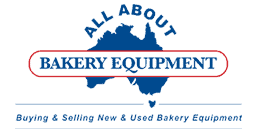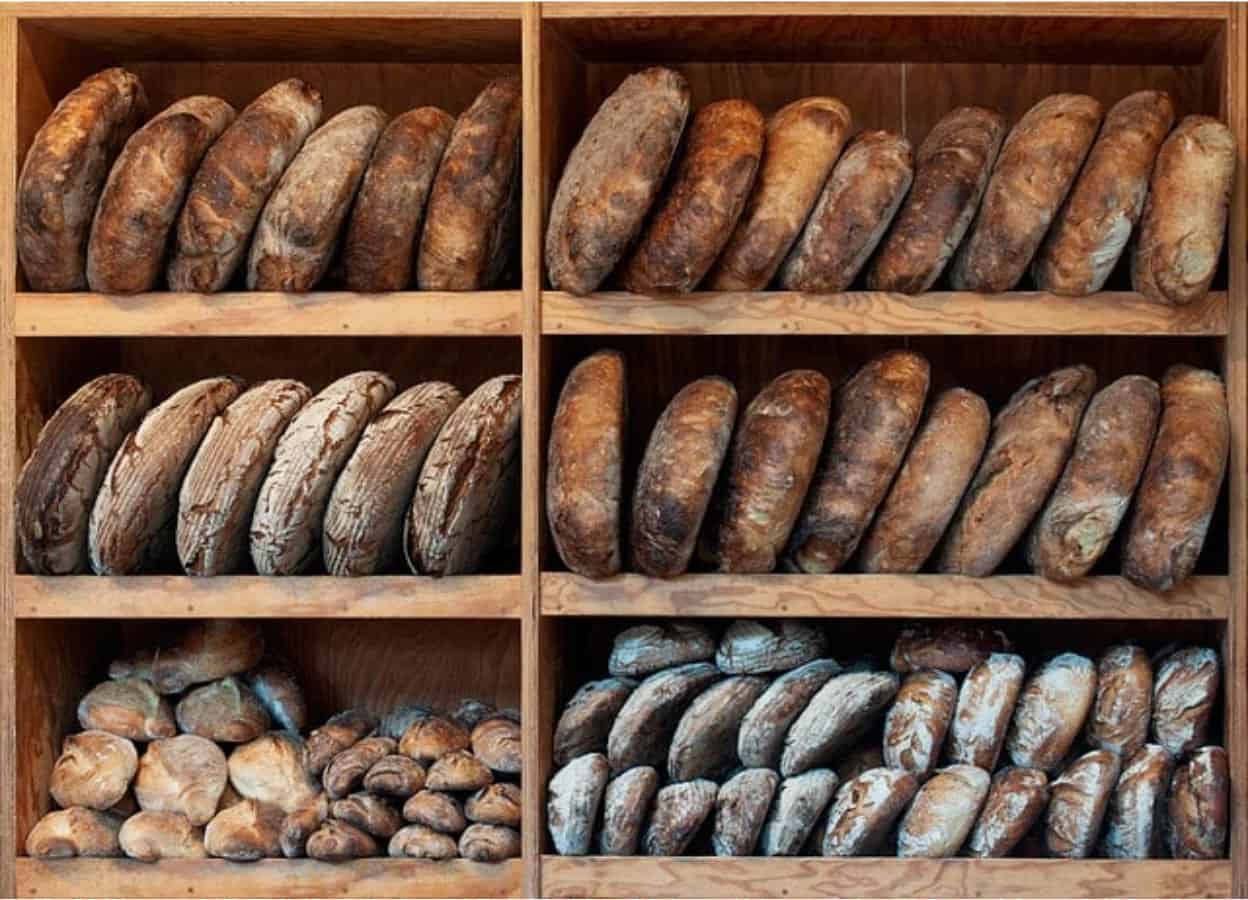Owning a bakery is as much about running a business as it is about perfecting your pastries. This guide breaks down practical tax-saving tips for small business owners in Australia – especially bakery owners – so you can keep more of your profits and put your money where it matters: back into your business. From smart deductions to offsets you might not even know exist, we’ll show you how to save more dough.
Why Tax Savings Matter for Bakeries
Running a bakery comes with its fair share of financial challenges – rising ingredient costs, maintaining equipment, paying staff, rent and utility bills, and trying to stay ahead of customer trends. Despite working long hours, many bakery owners unknowingly miss out on legitimate tax deductions and tax concessions simply because they don’t know what they can claim.
Understanding Australia’s small business tax deductions and incentives is key to maintaining a healthy tax position and staying profitable. By maximising deductions, leveraging tax offsets, and planning for tax time, bakery owners can avoid common mistakes and reinvest savings straight back into their business income stream.
This guide will cover general tax-saving tips for small business owners in Australia, as well as specific bakery tax strategies designed to reduce tax liability.
General Tax Saving Tips for Small Business Owners in Australia
How Much Tax Does a Small Business Pay in Australia?
The amount of tax a small business pays in Australia depends on its structure:
- Sole traders are taxed at individual income tax rates, ranging from 0% to 45%, depending on their taxable income. For example, a sole trader earning $50,000 would pay approximately $6,717 in tax for the financial year.
- Companies that qualify as base rate entities (with a turnover under $50 million and 80% or less of income as passive) are taxed at a flat rate of 25%.
Understanding these rates is key to accurate tax planning, particularly when assessing your overall tax liability and choosing the right business structure.
Claiming Business Expenses & Maximising Deductions
Small business owners can claim a wide range of business expenses as tax deductions. If you’re running a bakery, there are plenty of everyday costs you can legally deduct from your assessable income:
- Rent for your commercial space
- Utilities (electricity, water, gas)
- Insurance premiums
- Staff wages and superannuation
- Ingredient and packaging costs
- Marketing, website costs, and signage
- Business-related travel
Using accounting software to track income and expenses is vital. Programs like Xero, MYOB or QuickBooks help you stay compliant with Australian taxation office requirements while making it easier to file your business tax return accurately.
Understanding the Instant Asset Write-Off & Temporary Full Expensing
Planning to invest in bakery equipment? You may be able to immediately deduct the full business portion of those purchases under the Instant Asset Write-Off.
As announced in the 2024–25 Federal Budget, the government plans to extend the $20,000 Instant Asset Write-Off for small businesses until 30 June 2025. This applies to businesses with a turnover under $10 million, provided they use the simplified depreciation rules.
You can claim:
- Multiple business assets, each under $20,000
- Both new and second-hand items
Bakery business owners can use this to upgrade ovens, mixers, refrigeration and more, provided they follow the simplified depreciation rules and tax laws.
If an asset costs more than the limit, it must be pooled and depreciated according to simplified depreciation rules. Keeping records of when assets are first used or installed is essential for ensuring compliance.
Important: This measure has been announced but is not yet law. Check current eligibility criteria on the ATO website.
Reducing Tax with Superannuation Contributions
Making personal super contributions can lower your taxable income and reduce your business’s overall tax liability. For the 2024–25 financial year, the super guarantee rate has increased to 11.5%.
Business owners should consider paying contributions for themselves or employees before EOFY to qualify for deductions in the current tax return. Contributions to a super fund not only reduce income tax but are a smart way to plan long-term.
Small Business Tax Offset, Company Tax Rates & Capital Gains Tax
Unincorporated small business entities, such as sole traders, may be eligible for the Small Business Income Tax Offset of up to $1,000. To qualify, your bakery must have a turnover of under $5 million and meet specific criteria outlined by the Australian Taxation Office.
If your bakery is set up as a company, you may benefit from the lower company tax rates. Base rate entities with a turnover under $50 million currently pay a company tax rate of 25%, making this business structure more attractive for some owners.
If you’re thinking about selling your bakery or disposing of any major business assets, it’s important to consider how capital gains tax (CGT) might apply. CGT can significantly impact your tax position in the year the gain is realised, so it’s worth seeking professional advice when planning a sale.
Keeping Proper Financial Records
The ATO requires businesses to keep tax records for at least five years. That includes receipts, invoices, bank statements, payroll records and BAS documents.
Poor record-keeping can cost you thousands in missed small business tax deductions – or even result in penalties. Cloud accounting software makes it easier to stay on top of it all.
Bakery-Specific Tax Saving Strategies
Claiming Tax Deductions on Bakery Equipment Purchases
Bakery gear doesn’t come cheap. Thankfully, many items can be fully deducted under the Instant Asset Write-Off, including:
- Ovens and proofer cabinets
- Planetary and spiral mixers
- Pastry sheeters and dough sheeters
- Bread slicers
Refrigeration units and freezers - Display cabinets and counters
Tax Deductions for Ingredients & Baking Supplies
You can deduct the cost of all consumables used in the business:
- Flour, sugar, yeast, chocolate, dairy
- Packaging, bags, boxes, takeaway containers
- Labels, ribbons, stickers for branding
Tax-Saving Strategies for Bakery Rent & Utilities
Your rent and utilities are generally tax-deductible, provided they’re incurred for business use. For bakeries, gas and electricity bills can be high – especially with commercial ovens, fridges and dishwashers running daily.
Claiming Staff Wages, Superannuation & Training
Employee wages and casual staff payments are deductible business expenses. So are super contributions and any training or upskilling programs related to bakery operations.
Claiming Vehicle & Delivery Costs
Use a van to deliver wholesale orders or collect stock? You can claim:
- Fuel
- Servicing and repairs
- Registration
- Insurance
Just make sure you only claim the business-use percentage, and keep a logbook if needed.
Using Tax Deductions for Marketing & Branding
Marketing your bakery? The good news is you can claim expenses like:
- Social media advertising
- Website development and hosting
- Graphic design for menus or packaging
- Storefront signage, flyers, and business cards
Avoid Common Tax Mistakes That Cost Bakery Owners Money
Even with the best intentions, small business owners can trip up at tax time. Whether it’s missing key deadlines, misunderstanding tax obligations, or failing to separate personal and business expenses, these missteps can cost bakery owners thousands in avoidable penalties or lost deductions. Here are some of the most common (and costly) tax mistakes bakery businesses should steer clear of.
- Poor tax records or missing receipts
- Mixing personal and business expenses
- Not registering for GST when turnover exceeds $75,000
- Failing to meet PAYG and super obligations
- Overlooking eligible expenses or deductions
Strategic tax planning with qualified tax professionals or BAS agents can help avoid these common pitfalls.
Preparing for Tax Season: A Bakery Owner’s Checklist
- Organise Financial Records: Use software like Xero, MYOB or QuickBooks to store everything in one place.
- Lodge BAS and Tax Returns On Time: Avoid penalties by staying on top of deadlines.
Make Super Contributions Before EOFY: Pre-30 June payments may qualify as deductions. - Review All Deductions: Equipment, ingredients, wages, training, rent, and marketing.
- Prepay Expenses: Rent, insurance, and supplies for the next 12 months.
Consult a Professional: A registered tax agent can help you maximise your savings. - Check for ATO Support: Use tools like the Tax Time Toolkit for Small Business for updates.
DISCLAIMER: Make sure to speak with your accountant about you can save with the above methods.
Keep More Profits in Your Bakery Business
Tax time doesn’t have to leave a sour taste in your mouth. By knowing your entitlements and putting the right systems in place, you can legally save thousands each year.
Don’t leave money on the bench – take advantage of the Instant Asset Write-Off, maximise your deductions, and work with professionals who understand the ins and outs of running a bakery. Looking to upgrade your bakery equipment before EOFY to maximise your deductions? Explore our commercial bakery equipment range here.

